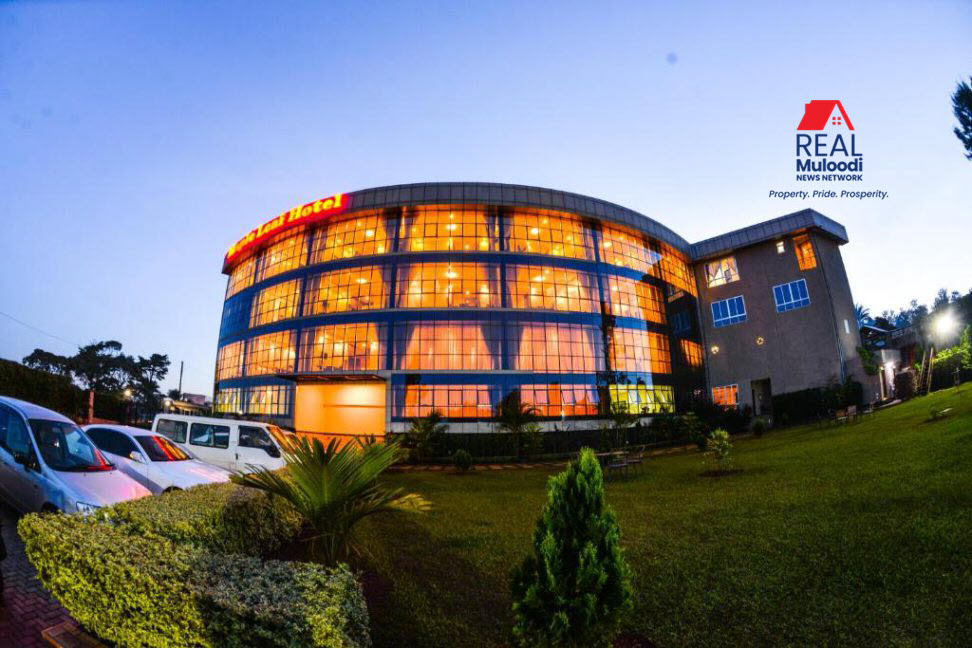UGANDA, Masaka | Real Muloodi News | Masaka City was granted the status of “city” on 1st July 2020, as were 14 others, including Arua, Gulu, Jinja, Soroti, Fort Portal, and Hoima.
Following the new status, Masaka City authorities have announced evaluating all properties in the area to collect the property tax in the new financial year.
Property tax, otherwise known as property rates, is a tax on the value of a commercial property. It applies to any property or building commercially managed, like rented houses, shops, factories etc.
According to Mr Emmanuel Gakyalo, the Deputy City Clerk of Masaka, the last evaluation occurred almost five years ago before Masaka received city status. Emphasizing the need for this evaluation, Mr Gakyalo explained:
“Following the elevation of Masaka to city status and annexing of new areas in July 2020, there were several properties that have sprung up, which can generate revenue to the city council. But we cannot collect tax from the owners without first valuing their properties,” he said.
A snap survey was carried out in the city, which identified at least 15 newly established commercial centres in the area.
The Chairperson of Masaka City, Mr Tom Luyobya explained the importance of the exercise. He claimed that the city’s locally raised revenue is likely to double upon completion of the evaluation. He contended that property tax is one of the biggest revenue sources for the city.
“We have been generating about Shs 265 million from property tax and we expect it to rise to more than Shs 500 million since the scope of properties is expected to grow considering the new commercial buildings we have in the city,” he said.
The evaluation is estimated to cost Shs 250 million, according to Mr Gakyalo. He also emphasized the urgency of this exercise, claiming it will interfere with tax collection if it’s not done promptly.
However, there has been some resistance from the Masaka Landlords and Property Owners Forum (MLPOF) – the umbrella associated with property owners. The members have demanded that the authorities must work with them before carrying out the valuation exercise.
“When they [city council] conduct the exercise without involving us, they will end up establishing rates which are not only unfair but also exploitative, which we cannot accept,” Mr Noor Njuuki, the publicity secretary of MLPOF, said.
According to the 2005 Local Government Act, property rates should not exceed 12% of the rateable value; this tax is on all commercial buildings.
READ MORE LIKE THIS:



